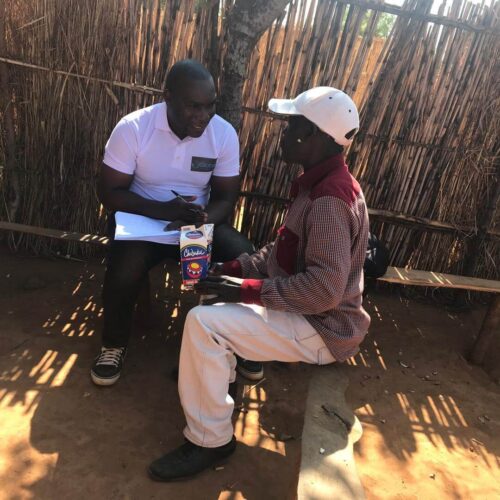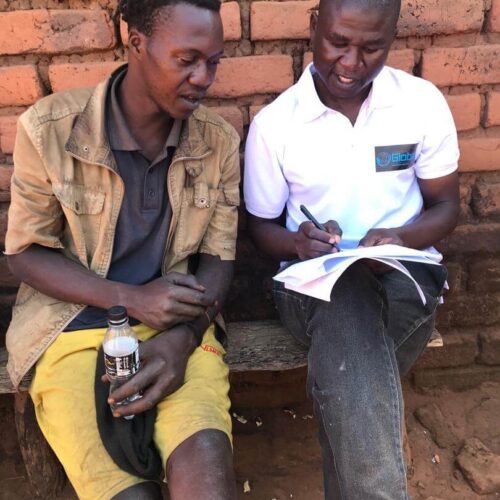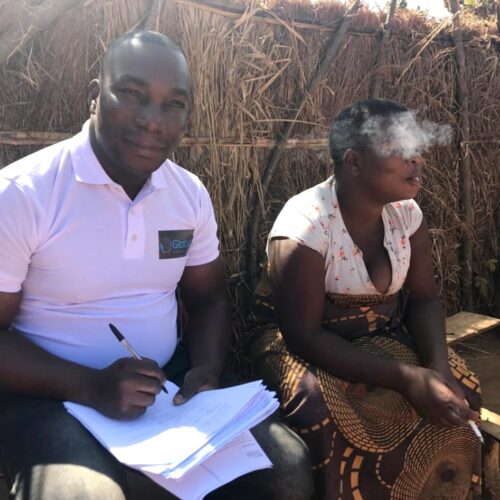Overview:
Substance abuse represents a significant public health concern, characterized by the harmful overuse or dependence on drugs and alcohol. Its negative effects extend far beyond the individual, impacting families, communities, and societies at large. The consequences of substance abuse include a range of severe health issues, such as chronic diseases, mental health disorders, and increased risk of accidents. Additionally, it often leads to social and economic problems, including strained relationships, reduced productivity, and increased financial strain on both individuals and healthcare systems. Addressing substance abuse requires a comprehensive approach that includes prevention, treatment, and support services to mitigate its far-reaching impacts and promote overall well-being.
This report is a study conducted by UVGI team in Malawi aims at addressing the issue of substance abuse in Traditional Authority Mwamboin Zomba District, Malawi. The main objective of the study to assess the readiness of the people to quit smoking and alcohol drinking at Sakata and Chanamwali areas in Zomba District.
The study employed a qualitative research design, which was well-suited to addressing both the main and specific objectives. The data provides an overview of trends, factors, and effects, and identifies effective strategies for addressing substance abuse in Zomba District.









